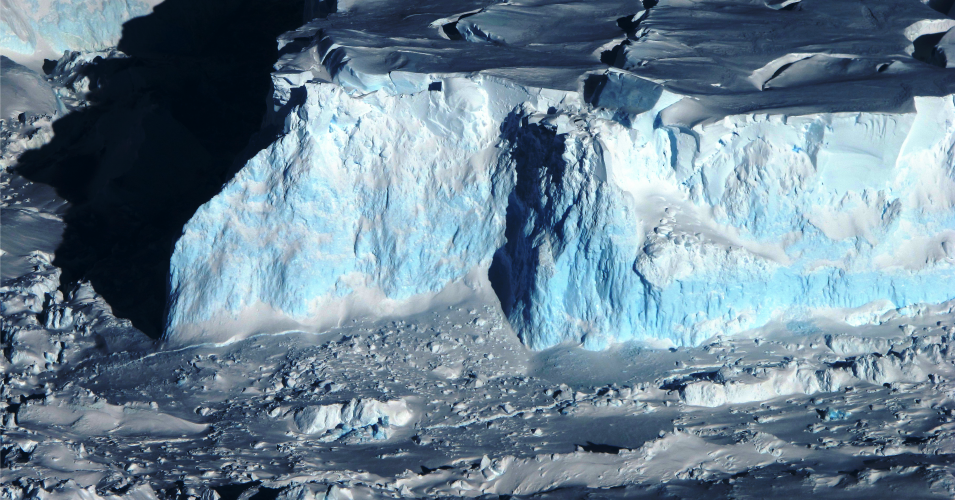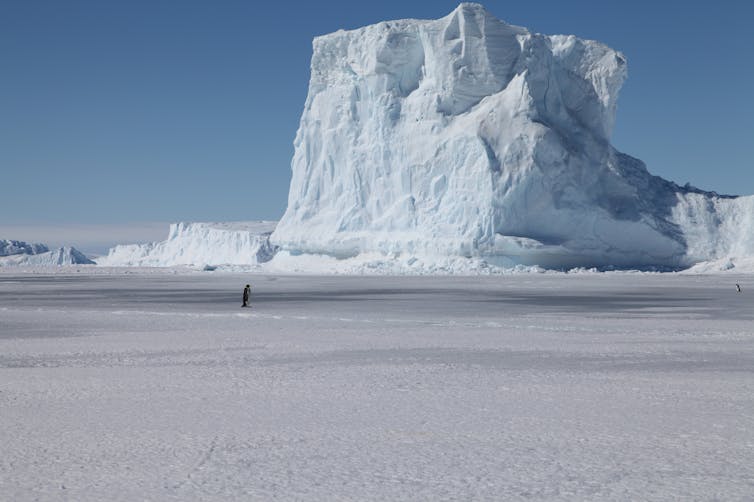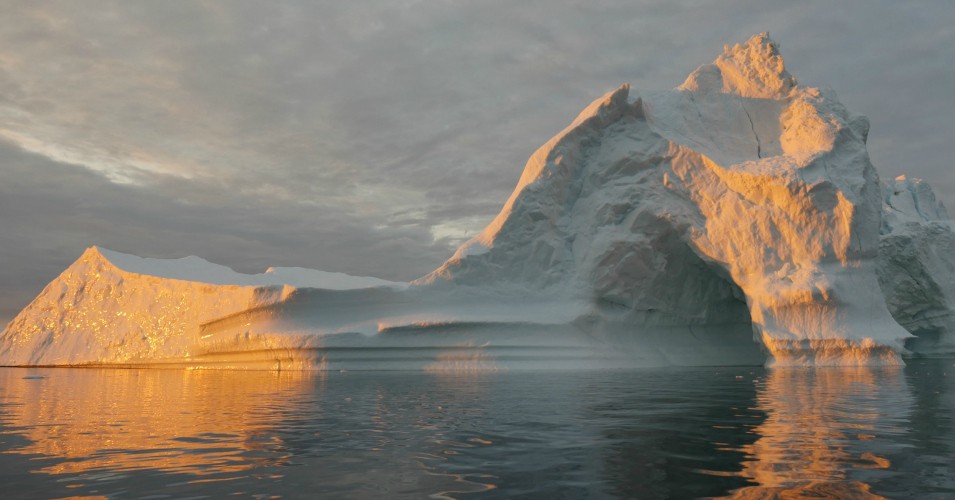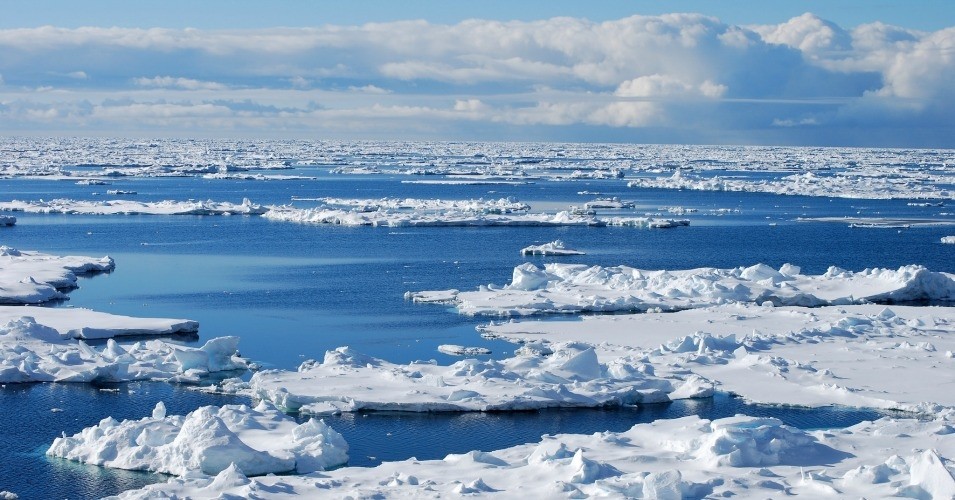A major report on climate says both greenhouse gas concentrations and global sea levels hit record highs in 2020.
By Kenny Stancil, staff writer for Common Dreams. Published 8-25-2021
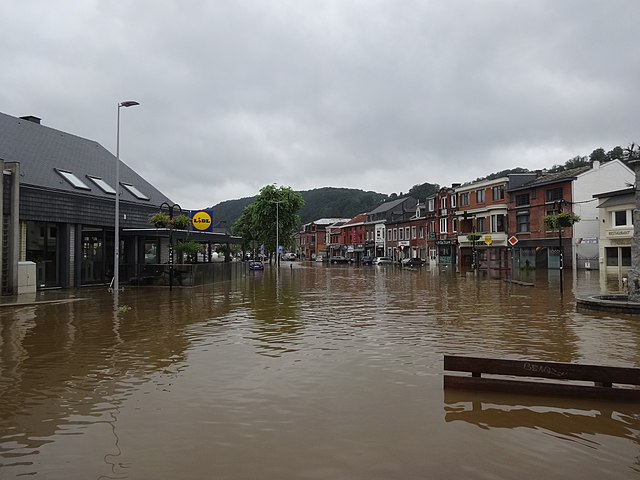
Flash flood in Belgium – July 2021. Photo: Régine Fabri’Wikimedia/CC
Bolstering the case for meaningful climate action, a major report released Wednesday found that Earth’s atmospheric greenhouse gas concentrations and sea levels both hit record highs in 2020.
Based on the contributions of more than 530 scientists from over 60 countries and compiled by the U.S. National Oceanic and Atmospheric Administration (NOAA), State of the Climate in 2020 is the 31st installment of the leading annual evaluation of the global climate system. Continue reading


